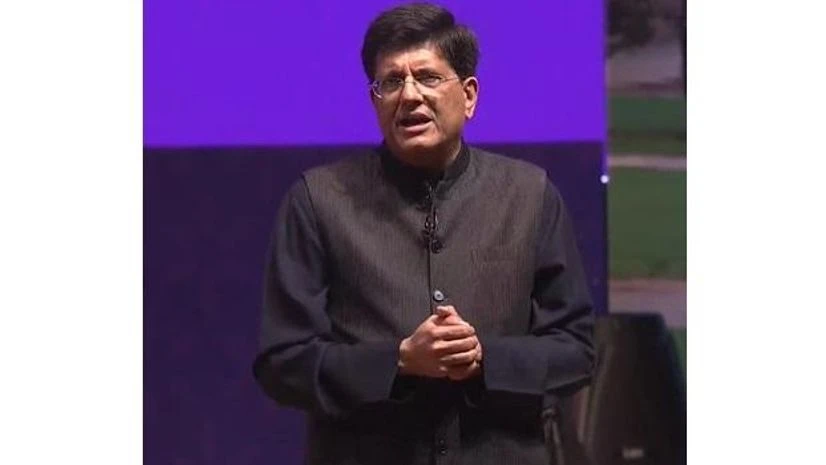Commerce and Industry Minister Piyush Goyal on Wednesday held a detailed discussion with representatives of e-commerce firms and domestic traders body CAIT on issues related to the sector, including the proposed policy, an official said.
Confederation of All India Traders (CAIT) Secretary General Praveen Khandelwal, who attended the meeting, said that it was indicated in that the national e-commerce policy would be released by the government in the coming months.
He also said that all the stakeholders agreed to implement and follow the policy in letter and spirit.
"A unanimity is arrived between all stakeholders about basic pillars of e-commerce policy and rules," Khandelwal said.
He also asked to constitute a regulatory authority to monitor and regulate e-commerce trade in India.
Also Read
He added that representatives from different companies, including Amazon, Flipkart, Tata CLiQ, Reliance Retail, Zomato, Swiggy and Meesho, participated in the deliberations.
Senior officials from the Department for Promotion of Industry and Internal Trade (DPIIT) and the consumer affairs ministry were present at the meeting.
The meeting assumes significance as the government is in the process of framing a national e-commerce policy and consumer protection rules for the sector.
In June, Secretary in DPIIT Rajesh Kumar Singh said that broadly the intention is to make the policy work along with the consumer protection rules and not in conflict with each other.
The policy aims to prepare strategies for providing a conducive environment for inclusive and harmonious growth of the e-commerce sector through a streamlined regulatory framework for ease of doing business, adoption of modern technologies, integration of supply chains and enhancing exports through this medium.
The consumer protection rules and this policy will be separate, but they will not be in conflict with each other and in fact, they will be entirely in agreement with each other.
The policy would act as an overarching framework as compared to the e-commerce rules.
CAIT has time and again alleged that foreign online retailers violate norms of the FDI (Foreign Direct Investment) in commerce and the government should take action against those who are indulging in malpractices.
The government permits FDI in the marketplace model of e-commerce and it is not allowed in the inventory-based model. The onus of compliance with the provisions is on the infested company and any violation of FDI regulations is covered by the penal precisions of the FEMA (Foreign Exchange Management Act).
While the RBI administers the Act, the enforcement directorate is the authority for the implementation of FEMA and takes up investigations in cases of contravention of the law.
Further, the regulatory framework for the digital/e-commerce sector is still evolving in the country. The sector is governed by the Information Technology Act, Consumer Protection Act, FDI policy on the e-commerce sector, and Competition Act.
The DPIIT is also working on a national retail trade policy, which is in the process of inter-ministerial consultation.
(Only the headline and picture of this report may have been reworked by the Business Standard staff; the rest of the content is auto-generated from a syndicated feed.)

)
